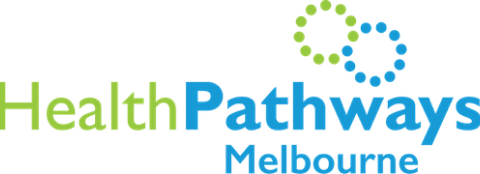Starting the conversation can be challenging, but health professionals are well-placed to do so. With the right tools and supports, they can empower victims to break their silence and seek safety.
You can help your patient plan their next steps by accessing our advice and navigation services, detailed below.
Asking is the first step.
Let your patient know they can speak openly to you about their concerns, and that they are in a safe and confidential environment.
Questions could include:
- Is there anything else going on in your life that you’d like to talk about?
- Are your friends and family aware of what’s going on?
- Are you feeling frightened?
- Are you worried about your children’s safety?
Take any opportunity to raise the subject and ask questions. Try to ensure patients feel comfortable and safe talking to you. Consider that perhaps they might feel more comfortable talking to a different staff member and offer that opportunity.










